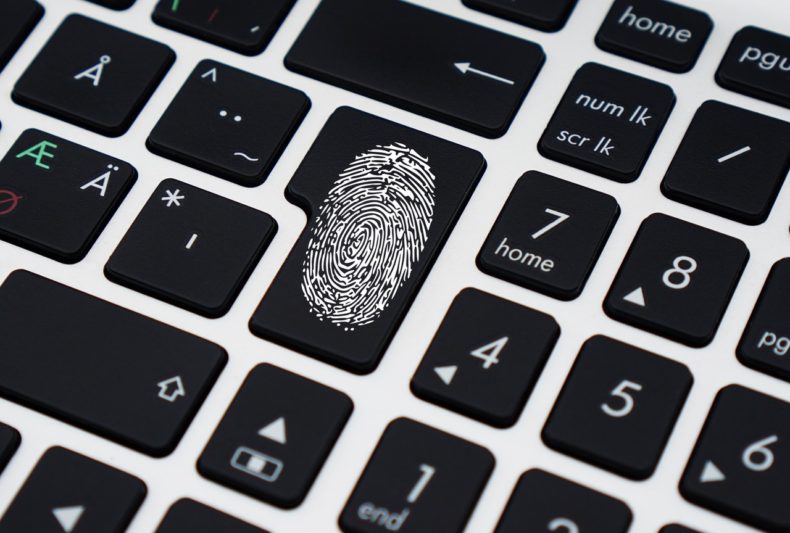During the course of an investigation, the police have the right to take your fingerprints and photograph. Often the police will ask you questions about your physical appearance such as your height, weight, hair colour, eye colour, scars, tattoos, and other biographical information. If you have ever been charged with a criminal offence, it is very likely the police still have this information on file. Not only is the record stored in the police services’ computer database, they also send the record to the RCMP to be included in the national Canadian Police Information Centre (CPIC) database. This database is accessible by all law enforcement agencies in Canada and the United States (including US customs). This record can significant and long lasting consequences for your professional career, immigration, travel as well as your personal privacy.
Unless you ask, the police will keep your photograph and fingerprint record indefinitely.
The police are frequently entitled to keep this information. Once your fingerprints have been taken, if you continue to be subject to the charge for which you were arrested, or you are later convicted of the charge, the police may lawfully retain and use that information on an ongoing basis for law enforcement purposes.
However, in some circumstances the police may not be entitled to keep these records indefinitely. If your charges are withdrawn by the Crown, or you are acquitted of the crime at trial, a request can be made to the police to have your fingerprints and photograph removed from their database. The police will usually comply with the request.
If the RCMP were the police service that took your photographs and fingerprints, you must apply to them in order to have non-conviction record destroyed.
If the Winnipeg Police Service took your photographs and fingerprints, as of February 2018, there is no formal application process to request their destruction. Previously, the Winnipeg Police Service had a form that could be filled out and submitted, but has discontinued this without any explanation.
Once the record of my fingerprints and photograph is destroyed, does that mean I have a clean record?
When the RCMP receive fingerprints to be included in the national CPIC database, they assign a unique FPS number to the individual. Even if your fingerprints are later destroyed, the FPS number remains in the database indefinitely. FPS numbers are only generated for those who have been criminally charged.
Law enforcement and customs agencies have access to this information. If they see an FPS number in the system that matches your name and date of birth, they will know you have been criminally charged in the past.
Your request for the destruction of police records may be denied.
Despite the law being fairly clear, sometimes the police will deny requests to have records destroyed. If this happens, you maybe able to appeal this decision. On appeal the court will examine whether and in what circumstances, your personal privacy interest overrides the state’s law enforcement interest. If your charge has been withdraw or you have been acquitted at trial, generally the court will favour the destruction of your police records.
Most police departments will have a minimum waiting period before a person can apply to have their fingerprints and photographs removed from the police database. In most cases, it is a minimum of a six month waiting period before the police will process the destruction request, but it varies depending on how your charge was resolved.
Assert your rights.
It is important to understand how your police records are stored in order to takes the steps needed to mitigate potential problems associated with employment, travel, and immigration.
The destruction of this information means it can never be used against you to get a warrant, during a police investigation, or in court. If you would like to discuss the destruction of police records or need legal representation for any criminal offence, please feel free to contact me. I will be glad to assist you.

